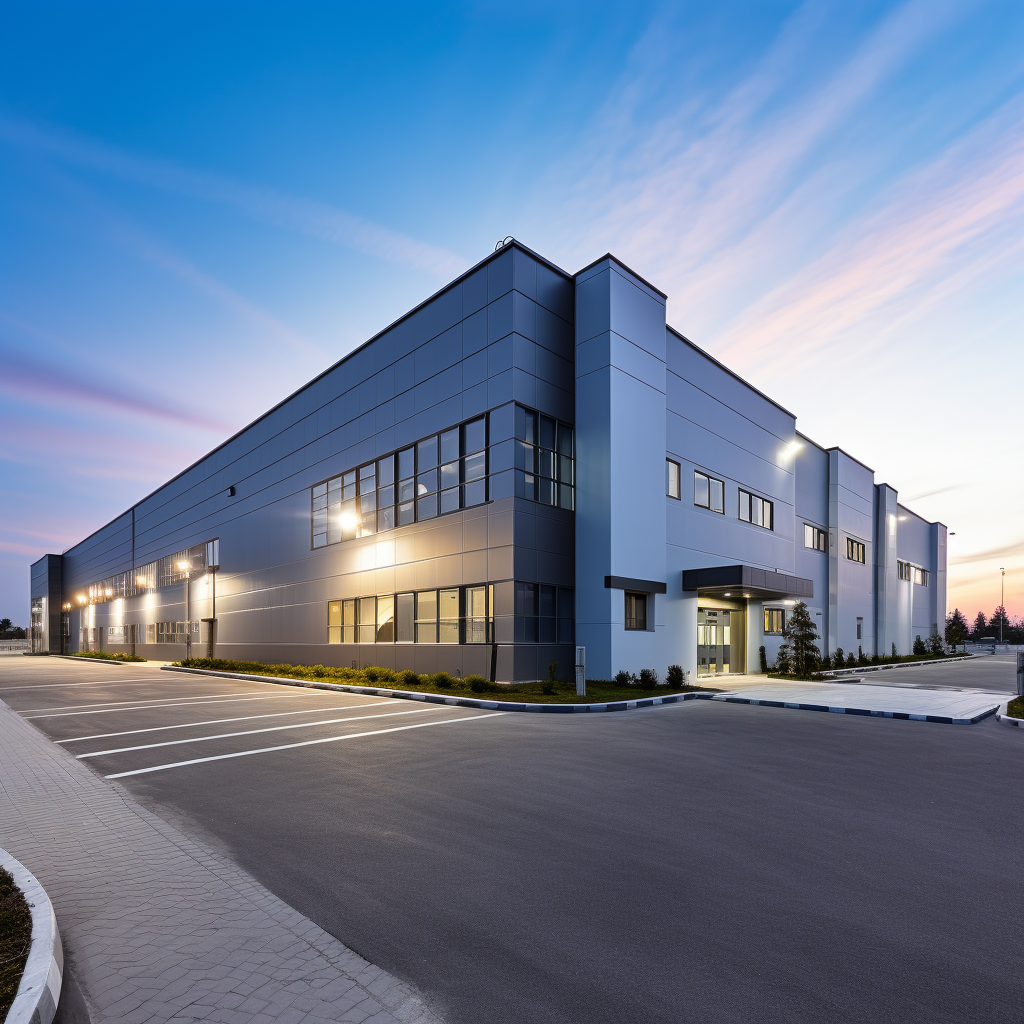
Exploring Industrial Properties: Pros, Cons, and Opportunities

Industrial properties are a vital component of the global economy, serving as the backbone of manufacturing, logistics, and warehousing operations. These properties encompass a wide range of real estate, including factories, warehouses, distribution centers, and production facilities. Investing in or leasing industrial properties can offer various advantages, but it is essential to understand the pros, cons, and opportunities associated with these assets. This article aims to provide a comprehensive overview of exploring industrial properties and the factors to consider.
Pros of Industrial Properties:
- Steady Income Generation: Industrial properties often attract long-term lease agreements with stable tenants, providing a consistent stream of rental income. Many industrial leases are structured with longer terms, reducing the risk of vacancies and offering financial stability to property owners.
- High Demand: The demand for industrial properties remains robust due to the growth of e-commerce, manufacturing, and global trade. As consumer expectations for fast and efficient delivery continue to rise, the need for strategically located warehouses and distribution centers has increased, creating favorable conditions for industrial property owners.
- Resilience: Industrial properties have shown resilience during economic downturns, as they serve essential functions in supply chains and production processes. Even during recessionary periods, industrial real estate tends to fare better than other property types, making it a relatively safe investment option.
- Appreciation Potential: Well-located industrial properties can experience significant appreciation in value over time. Properties situated in areas with limited land supply and high demand tend to see price increases, allowing investors to build wealth through capital appreciation.
- Diverse Tenant Base: Industrial properties attract a diverse range of tenants, including manufacturing companies, logistics providers, wholesalers, and e-commerce businesses. This tenant diversification reduces the risk associated with relying on a single industry or tenant, ensuring a more stable income stream.
Cons of Industrial Properties:
- Capital Intensive: Acquiring industrial properties often requires substantial upfront capital, making it a barrier for entry for some investors. The cost of purchasing or developing industrial real estate, along with ongoing maintenance expenses, can be significant.
- Market Volatility: While industrial properties are generally less volatile than other real estate sectors, they are still susceptible to market fluctuations. Economic downturns or shifts in industry demand can impact vacancy rates and rental rates, potentially affecting investment returns.
- Environmental Concerns: Certain industrial properties may have environmental contamination concerns due to past activities on the site. Conducting thorough environmental due diligence before acquiring such properties is crucial to assess any potential liabilities and associated costs.
- Limited Locations: Prime industrial locations with excellent infrastructure and proximity to transportation hubs are limited. As a result, finding suitable industrial properties in desirable areas can be challenging, particularly in densely populated regions.
Opportunities in Industrial Properties:
- Adaptive Reuse: Industrial properties offer opportunities for adaptive reuse, allowing investors to repurpose older factories or warehouses into alternative uses such as creative office spaces, mixed-use developments, or recreational facilities. This approach can revitalize underutilized properties and unlock their potential in changing markets.
- E-commerce Expansion: With the continuous growth of e-commerce, the demand for last-mile distribution centers and fulfillment centers has surged. Investors can capitalize on this trend by developing or acquiring industrial properties strategically located near population centers, thus meeting the rising need for efficient logistics infrastructure.
- Sustainability and Energy Efficiency: The drive towards sustainability presents opportunities for industrial property owners to upgrade their facilities with energy-efficient systems, renewable energy installations, and green building certifications. Such initiatives not only reduce operating costs but also enhance the marketability of the properties to environmentally conscious tenants.
- Technological Advancements: Industrial properties are evolving with technological advancements such as automation, robotics, and the Internet of Things (IoT). Investing in smart industrial properties equipped with cutting-edge technologies can attract innovative tenants and enhance operational efficiency.
Exploring industrial properties can be an attractive investment strategy due to their stable income generation, high demand, and resilience. While industrial properties have their share of challenges, such as high upfront costs and market volatility, they also present opportunities for adaptive reuse, e-commerce expansion, sustainability initiatives, and technological advancements. Understanding the pros, cons, and opportunities associated with industrial properties is essential for making informed investment decisions in this dynamic and vital sector of the real estate market.




